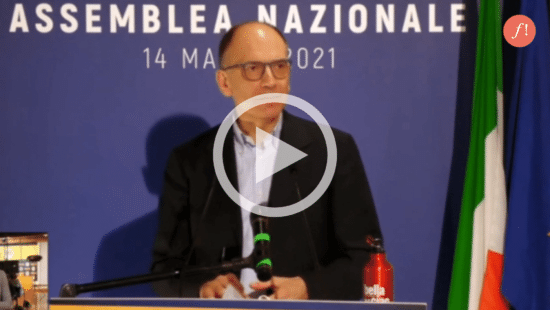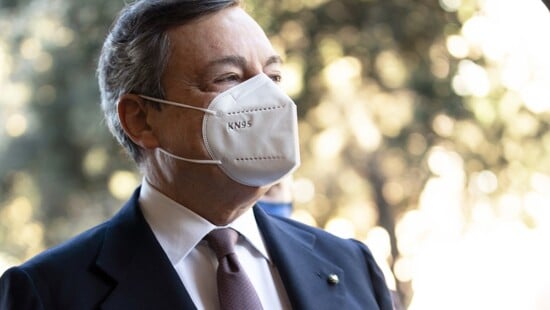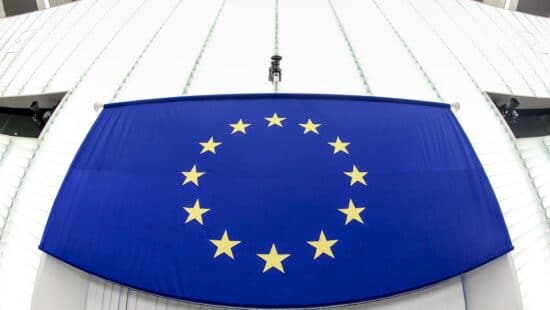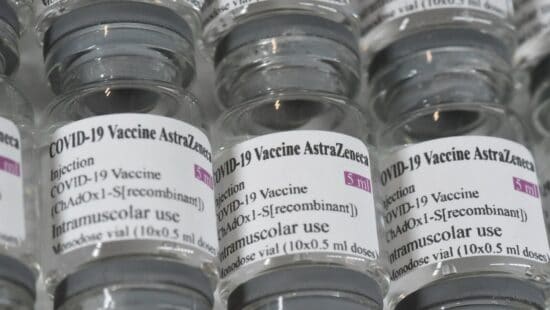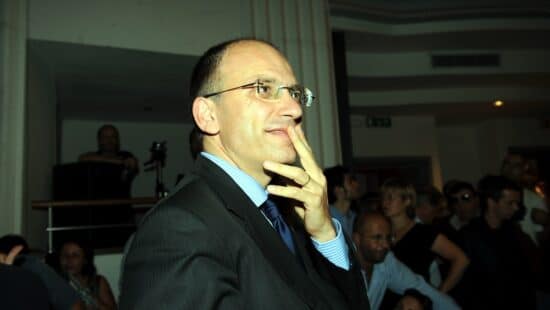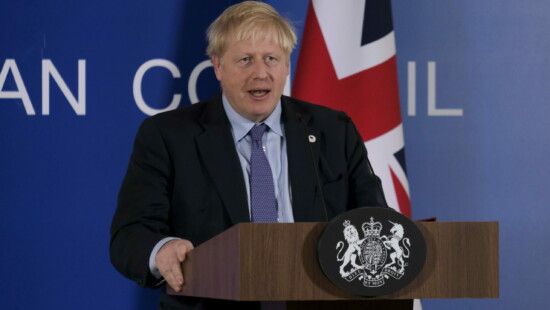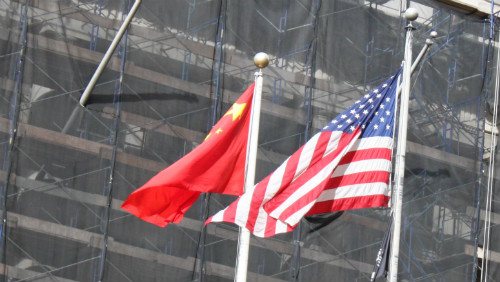Donne, ius soli e giovani: il nuovo Pd secondo Enrico Letta [embedyt] https://www.youtube.com/watch?v=5R1jr7eb0HM[/embedyt] Milano, 15 mar. (askanews) - Ius soli, parità di genere, voto ai 16enni. Sono alcuni dei punti da cui Enrico Letta vuole far ripartire il Pd, partito di cui è stato appena eletto segretario. "Penso che dobbiamo essere progressisti nei valori, riformisti nel merito e radicali nei…
Archivi
Fibra, 5G e strade. Le infrastrutture che servono (per davvero) all'Italia secondo Paganetto
L’economista e presidente della Fondazione Economia Tor Vergata: bisogna individuare quello che serve al Paese, come fibra, opere e tanto ambiente, velocemente e con tempi certi. E occhio al fattore Mezzogiorno
La Conferenza sul futuro dell’Europa. Politeia o finzione?
Il 10 marzo, dopo il fallimento dei tentativi precedenti e l’indifferenza con cui la recente presidenza tedesca ha trattato la Conferenza, i presidenti di Commissione, Parlamento e Consiglio hanno sottoscritto una dichiarazione congiunta che la rilancia, ne avvia il processo, ne fissa i contenuti, la gestione, le procedure, i tempi ed indica la destinazione del rapporto finale. Luci e ombre secondo Carmelo Cedrone
Italia, Francia e Germania sospendono il vaccino AstraZeneca. I dettagli
Sospese le vaccinazioni con AstraZeneca in Italia, Germania e Francia in attesa di una raccomandazione dell’Ema che dovrebbe arrivare domani pomeriggio. Intanto dall’Agenzia europea per i medicinali fanno sapere che “non vediamo alcun problema nel proseguire le vaccinazioni utilizzando questo vaccino”. Tutti i dettagli
Difesa, ecco la classifica dell’export. La Cina cresce mentre l’Italia...
Sipri ha pubblicato il report annuale sui trasferimenti globali di armamenti. Cresce l’export di Stati Uniti e Francia. Stabile la Cina, in calo la Russia. Il Medio Oriente continua ad assorbire gran parte della domanda mondiale, mentre diminuiscono (ancora) le esportazioni italiane
Lo ius soli scuote il Pd e mette in crisi la destra. Parla Moual
La legge sulla cittadinanza è un tema divisivo da anni, anche se man mano si è arrivati a proposte di legge che sono un compromesso, e non certo uno ius soli puro. Non si concederà cittadinanza per nascita, ma solo dopo un percorso scolastico e con criteri rigidi. Eppure, neanche un governo di sinistra è stato in grado di approvare la riforma. Cosa potrà fare Draghi? Conversazione con Karima Moual, giornalista per il gruppo Gedi e Mediaset
Perché il richiamo di Letta alle idee sarebbe utile
Quello di Enrico Letta al Pd è un ritorno alla politica delle idee e dell’applicarsi ai fatti, abbandonando i meri esercizi della politica di potere. Non è un esercizio formale. Il confronto politico serve a presentare ai cittadini progetti alternativi su cui loro possano scegliere e non ad impacchettare soluzioni preconfezionate da imporre ai sudditi, spingendoli al conformismo
Il Regno Unito rilancia la Difesa. Ecco i piani di Londra
Londra corre ai ripari per fronteggiare un mondo reso più incerto e insicuro dalla pandemia. È atteso per domani il disvelamento del nuovo piano di modernizzazione delle Forze armate di Sua Maestà, corredato da cospicui investimenti per sostenere l’industria nazionale. E Johnson strizza l’occhio a Biden
Usa-Cina, uno scontro necessario? L'analisi di Valori
La Cina appare orientata più che ad aprire una nuova corsa agli armamenti, ad avviare misure concrete per risollevare la propria economia e rendere più “moderatamente ricca” la propria popolazione. L’Europa ha siglato il Comprehensive Agreement on Investments con Pechino. E invece gli Stati Uniti? L’analisi di Giancarlo Elia Valori
Sviluppiamo un vaccino assieme. Israele tende la mano all'Italia
In Israele si sta sviluppando un farmaco che dovrebbe essere disponibile entro l’estate. L’ambasciatore Eydar annuncia: “Proporrò al governo italiano di partecipare alla fase finale”




